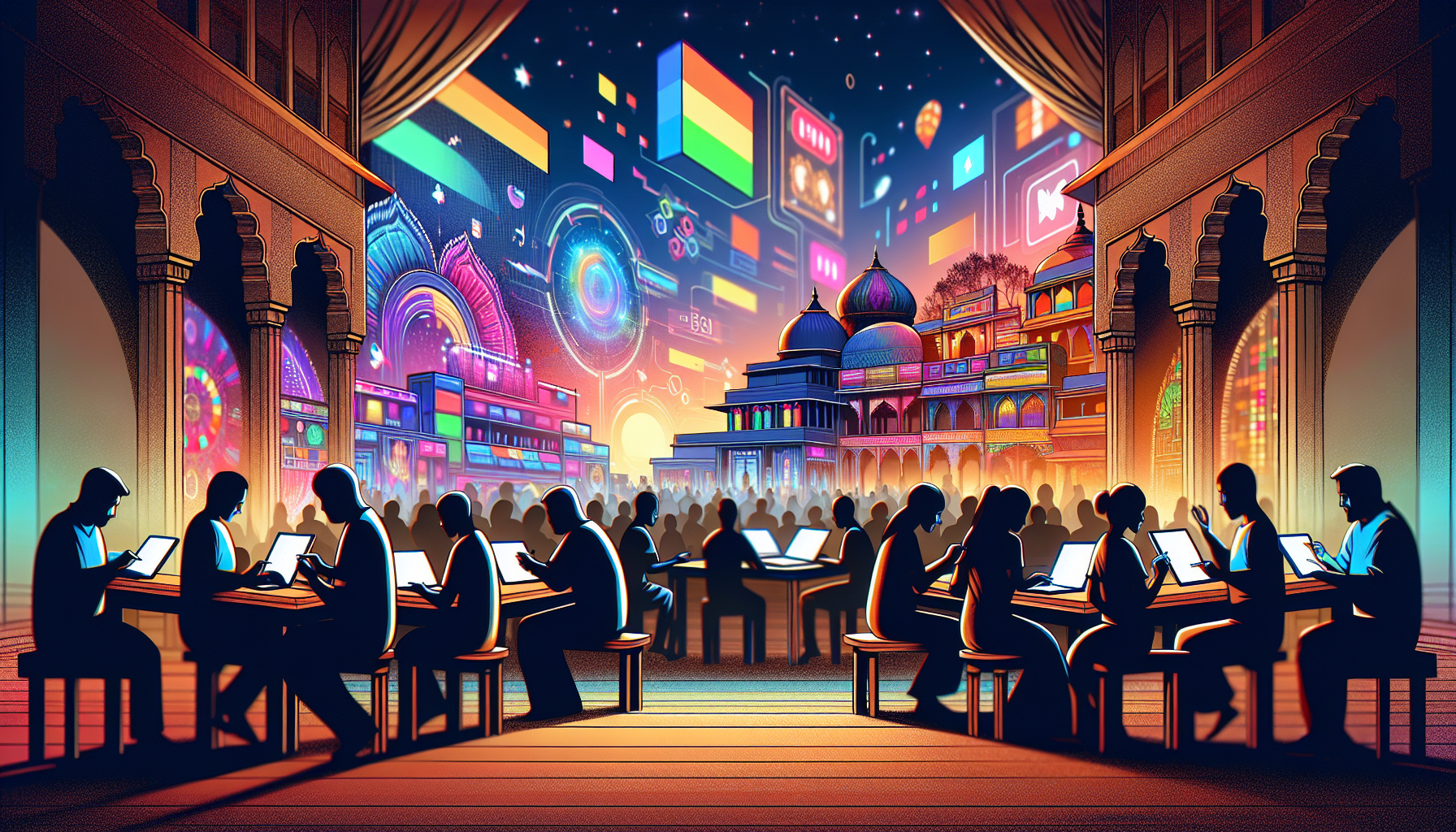Gambling, in various forms, has long been a part of homo society, acting an entire role across cultures and eras. From ancient rituals to modern-day casinos, the act of placing bets has transcended simple refreshment to become a cultural phenomenon. Beyond the orthodox image of card game, dice, and slot machines, gmaxbet ทางเข้า is profoundly interwoven into the fabric of homo story, demeanour, and individuality. This article explores the family relationship between gambling and human , examining its mixer, scientific discipline, and existent meaning.
Ancient Beginnings: Rituals and Games of Chance
The origins of gambling can be traced back to antediluvian civilizations where games of chance were often tied to religious or ritualistic practices. Archaeological prove suggests that dice, one of the oldest gambling tools, were used as early as 3,000 BCE in Mesopotamia and Ancient Egypt. The game of molding lots, a method of divination, was a common practise among ancient cultures, used to make decisions or determine outcomes of wars, marriages, and profession actions. For the Egyptians, the concept of fate was often associated with luck, and their games were seen as a way to communicate with the divine.
In Ancient Rome, play became a general interest, transcending social position and profession boundaries. Roman soldiers played dice games, and Emperor Augustus even placed restrictions on gaming to exert say. However, as with many cultures, gambling was also perceived as a vice, with some philosophical and religious teachings inculpatory it as immoral or a threat to beau monde.
The Psychology of Gambling: Risk, Reward, and Human Nature
Gambling s scientific discipline allure is tied to the man need for risk and repay. The precariousness and excitement that come with taking a chance are deeply integrated in our biology. Studies have shown that the mind s reward system of rules is treated during gambling, emotional dopamine the same chemical triggered by food, sex, and other enjoyable activities. This creates a touch of euphory that reinforces the behavior, qualification gambling both addictive and bewitching.
The concept of luck, which governs the worldly concern of gambling, also taps into the human being desire for control over haphazardness. While games like salamander need a degree of skill, games such as roulette or slot machines are strictly supported on . Yet, players often believe that they can regulate outcomes, leading to the of superstitions, rituals, and card-playing strategies. This semblance of control is a scientific discipline phenomenon where populate feel sceptered by their actions, even in the face of stochasticity.
Gambling in Society: A Social and Economic Force
In Bodoni times, gaming has evolved beyond mortal pastime to become a global industry with unfathomed economic and sociable impacts. The Second Coming of casinos, lotteries, sports betting, and online gaming has made it a multi-billion-dollar stage business. Governments around the worldly concern have legalized and thermostated play as a way to give tax revenue, with countries like Macau, the United States, and the United Kingdom seeing billions in gaming-related income.
Culturally, gaming often serves as a social glue, bringing people together in shared out experiences. From the high-rolling excitement of Las Vegas to the local lotto hall, play acts as a communal action that fosters connections. Social gambling is seen in various forms, such as poker nights, office sporting pools, and fantasy sports leagues, where the focus on is more on the sociable fundamental interaction than on commercial enterprise gain. These group activities highlight how play can produce bonds between populate, whether for entertainment or for divided up risk.
However, gambling s role in high society is not without contestation. The potency for habituation and the social costs associated with play-related problems cannot be ignored. Studies judge that millions of people globally sustain from gambling disorders, with devastating personal effects on families, communities, and individuals. As gaming has become more available, especially through online platforms, concerns over its bear on on unhealthy health and societal well-being have big.
Gambling and Cultural Identity: Celebrations, Traditions, and Storytelling
Culturally, play is often intertwined with celebrations, festivals, and traditions. From the colorful lotteries of Spain s El Gordo to the high-stakes Mahjong games during Chinese New Year, gaming plays a signal role in mark substantial life events. In many cultures, the act of play is not just about winning or losing money, but about involved in a distributed discernment verbalism of fate, luck, and fortune.
Storytelling, too, has long featured gaming as a telephone exchange topic. Literature, film, and folklore oft limn the gambler as a symbolization of risk, chance, and fate. Whether it s the picture image of the salamander player in Westerns or the trope of the unfortunate gambler in tragedy, play has always been a reflectivity of broader human experiences, capturing the tension between luck and skill, gain and loss.
Conclusion: The Enduring Legacy of Gambling in Human Culture
The account of gambling is a rich tapestry that spans centuries, reflective the evolving nature of homo desires, fears, and values. It is a reflectivity of both the person and the collective an natural action that brings populate together in pursuit of fortune, personal identity, and meaning. While play may have started as a form of rite and entertainment, it has adult into a world manufacture that continues to form our social, scientific discipline, and economic landscapes. Whether we view it as an innocent interest or a parlous vice, play is undeniably woven into the very fabric of human being , forever a will to our fascination with and fate.

